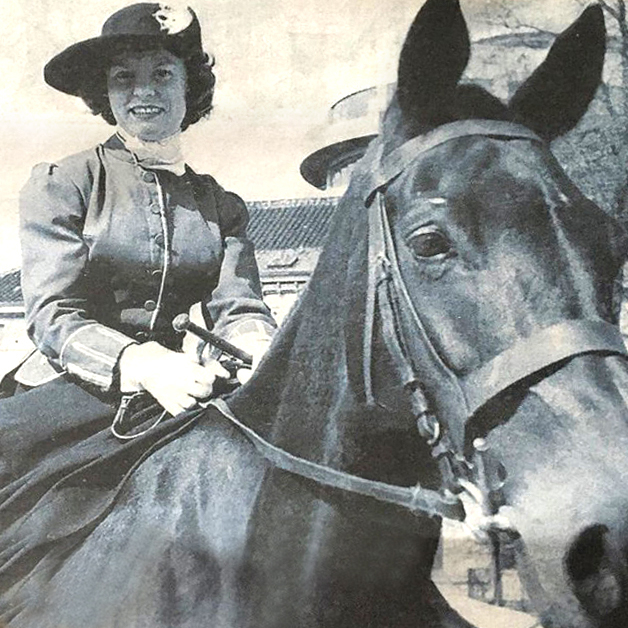As Allied troops landed on the beaches of Normandy on the morning of June 6, 1944, a courageous teenager in southern France set out on a journey that would end her own epic struggle against the Nazis.
Janine de Greef, a vibrant Belgian of 19, was one of the founding members of the Comet Line, a secret army operating in Brussels, Paris and Bayonne that enabled nearly 800 Allied airmen to evade German security forces and return to Britain after they were shot down over occupied Europe.

